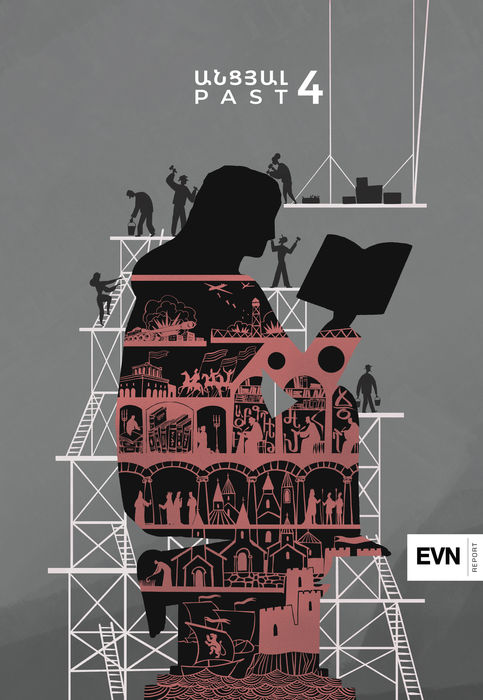
Does history repeat itself? Recent events have served as a catalyst to discuss and ponder the lessons that might be drawn from history. Under the careful curation of historian and guest editor Suren Manukyan, the February 2021 issue delves into the past to try and understand the present. From the adoption of Christianity in 301 A.D. and the creation of the Armenian Alphabet a century later to the re-establishment of statehood in Cilicia, the fall of Kars and the collapse of the First Armenian Republic and beyond. More than ever, revisiting historical events through a new lens is essential for the Armenian people. Faced with similar circumstances from the past, we are collectively responsible for the chapter of Armenian history being written today.
editorial
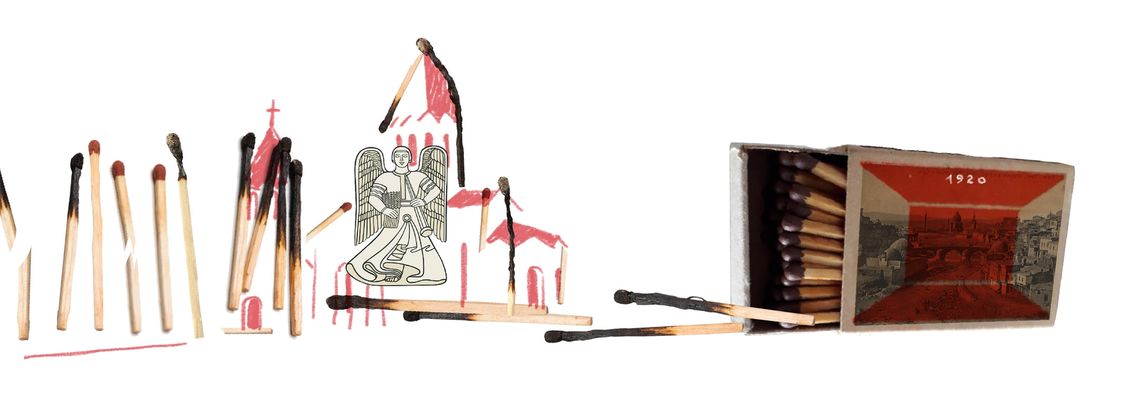
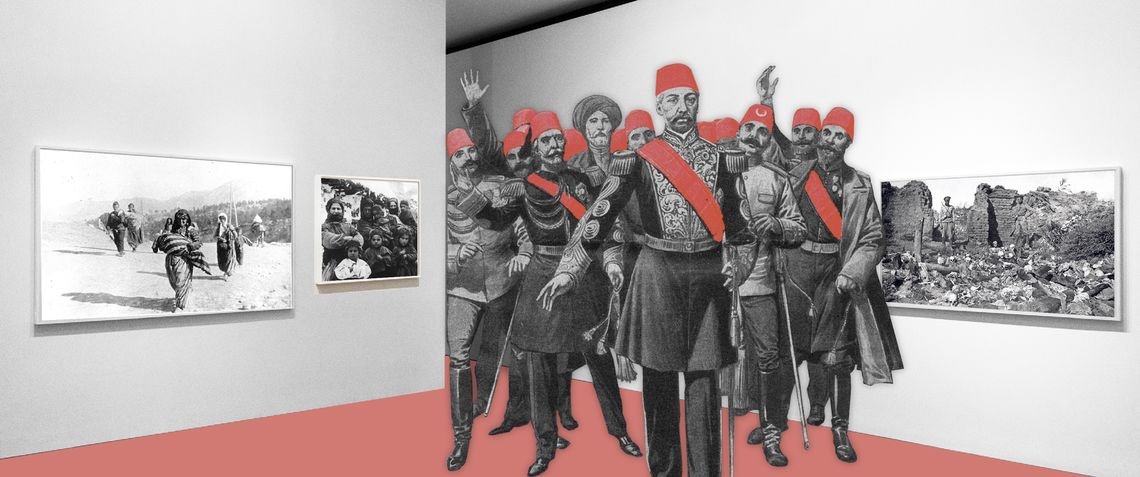
From a Fateful Revolution to the Dream of Pan-Turkism: Causes of the Armenian Genocide
By Suren Manukyan
Turkey continues to fight against the recognition of the Armenian Genocide through falsification of history, anti-Armenian propaganda, using all political, economic and lobbying levers at its disposal.
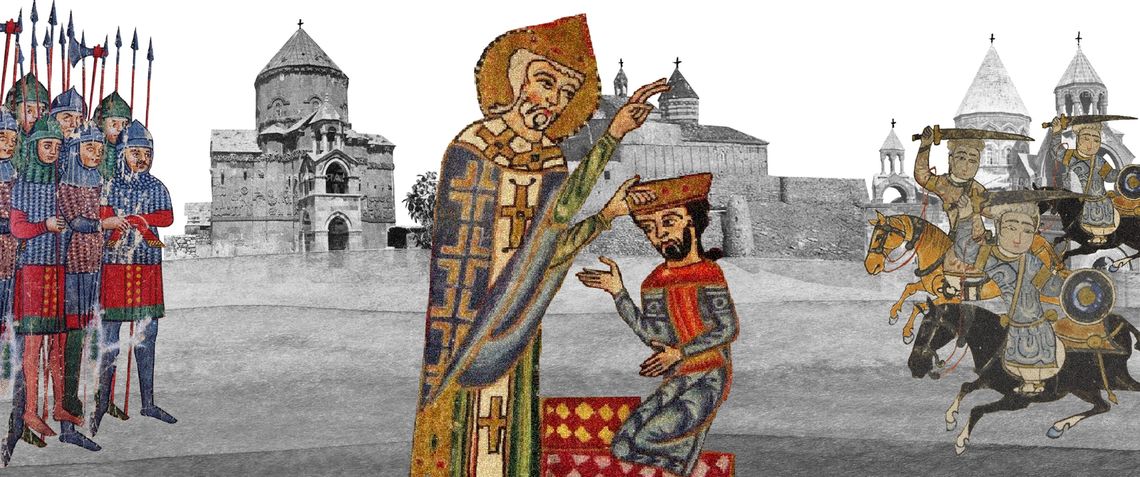
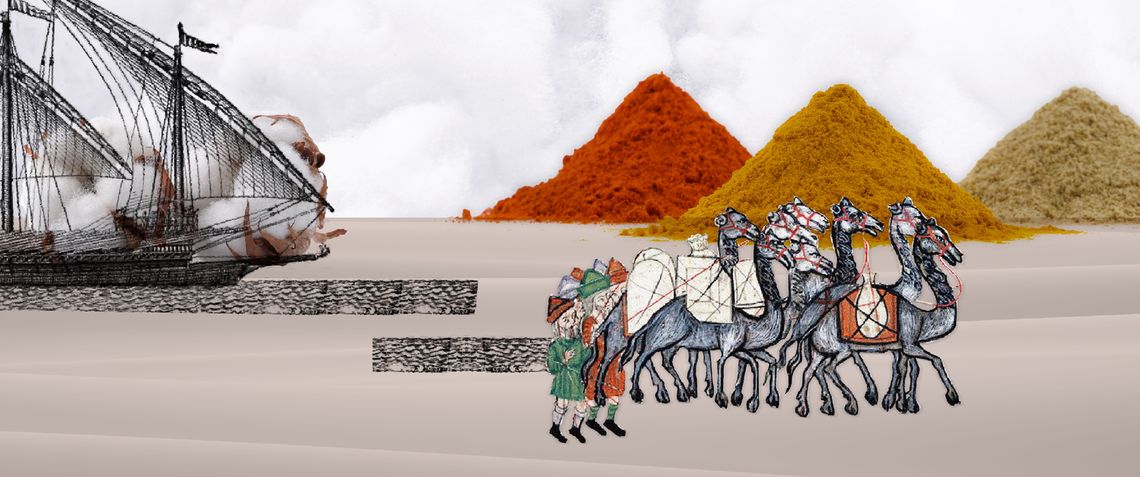
The Pearl of the Mediterranean: Cilician Armenia at the Crossroads of East-West Trade
By Zohrab Gevorgyan
The Armenian Kingdom of Cilicia consolidated and synthesized cultures, giving new breath to the traditional, by creating a new, more complete Armenianness. Surviving for 300 years demanded tremendous civilizational potential from the Armenian people.
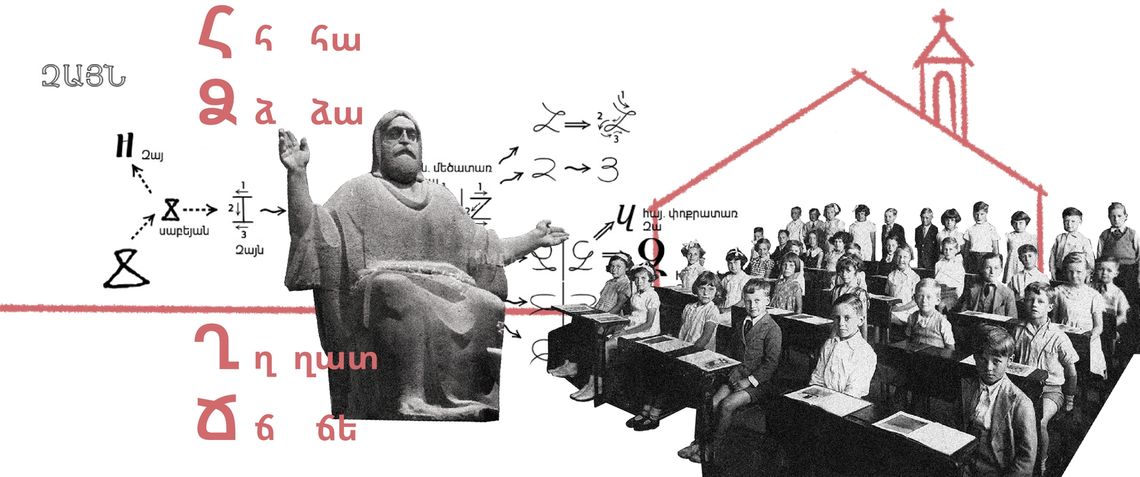
Conversion to Christianity and the Creation of the Armenian Alphabet
By Shavarsh Azatyan
The secular, religious and cultural elites of what became Armenia’s Golden Age were able to turn challenges into a stimulus, setting in stone the Armenians' mark over their territory that would last for centuries.


